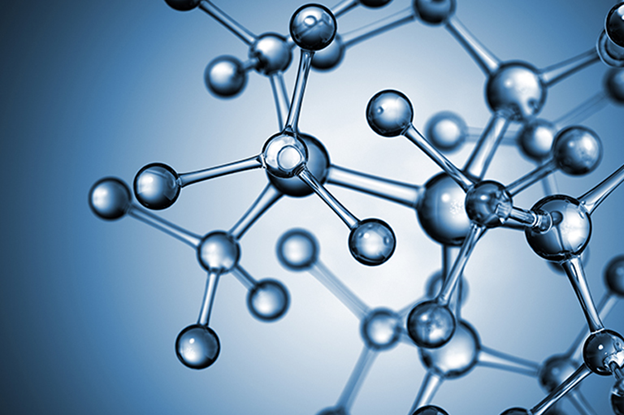The Impact of Organic Chemistry on Material Science | Expert Organic Chemistry Tutoring Help
Organic chemistry involves the study of carbon-containing compounds, and it has a significant impact on material science. This impact or intersection has led to the development of innovative materials, greatly influencing industry development and everyday life. In this blog, we will explore how organic chemistry impacts material science.
- The Progress and Development of Polymers
The most significant contribution of organic chemistry to material science is the development of polymers with large molecules or repeating structural units. These materials are utilized in numerous products, such as plastic bottles and clothing, as well as advanced technologies in aerospace and medicine.
Synthetic polymers: – polymers such as polyethene, polystyrene, and polyvinyl chloride (PVC) are utilized in construction, packaging, and household goods.
Conductive polymers: These polymers conduct electricity. Their applications include solar cells, electronic devices, and batteries.
Biodegradable polymers are environmentally friendly, breaking down easily and minimizing plastic pollution.
- Technological progress and advancement in nanotechnology
Organic chemistry plays a crucial role in nanotechnology, manipulating matter at the atomic or molecular level.
Graphene:- graphene is a single layer of carbon atoms that are arranged in a hexagonal lattice. Graphene consists of exceptional strength, flexibility, and conductivity.
Fullerenes are spherical molecules, also known as Buckyballs. They possess unique chemical properties utilized in drug delivery and materials science.
Carbon nanotubes: These are cylindrical molecules that are useful in electronics, materials science, and medicine.
- Smart Materials
Organic chemistry also has a contribution to the development of smart materials. These materials may include:-
Shape-memory polymers: These can transform into their original shape after being deformed. Their applications include medical devices, robotics, and textiles.
Self-healing polymers:- these materials can repair themselves after damage, extending their reliability and lifespan.
Lastly, organic chemistry has a significant impact on material science. From smart materials to advancements in nanotechnology, organic chemistry continues to bring innovation and improve the quality of materials we utilize daily. Don’t hesitate to Get Our Top-Notch Organic Chemistry Tutoring Help from Expert Professionals.



